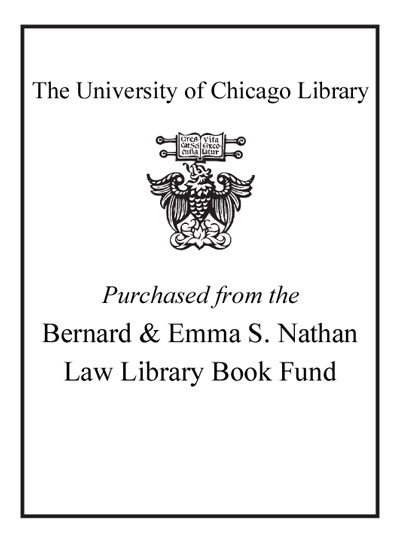Boilerplate clauses, international commercial contracts and the applicable law /
Saved in:
| Imprint: | Cambridge ; New York : Cambridge University Press, c2011. |
|---|---|
| Description: | xxii, 403 p. ; 24 cm. |
| Language: | English |
| Subject: | |
| Format: | Print Book |
| URL for this record: | http://pi.lib.uchicago.edu/1001/cat/bib/8390229 |
Table of Contents:
- Introduction
- Part I. How Contracts Are Written In Practice:
- 1. Negotiating international contracts: does the process invite a review of standard contracts from the point of view of national legal requirements?
- 2. Multinational companies and national contracts
- Part II. Methodological Challenges:
- 3. Does the use of common law contract models give rise to a tacit choice of law or to a harmonised, transnational interpretation?
- 4. Common law based contracts under German law
- 5. Comparing exculpatory clauses under Anglo-American law: testing total legal convergence
- 6. Circulation of common law contract models in Europe: the impact of European Union system Jean-Sylvestre Bergé
- Part III. The Applicable Law's Effects on Boilerplate Clauses:
- 7. The common law tradition: application of boilerplate clauses under English law
- 8. The Germanic tradition: application of boilerplate clauses under German law
- 9. The Romanistic tradition: application of boilerplate clauses under French law Xavier Lagarde
- 10. The Romanistic tradition: application of boilerplate clauses under Italian law
- 11. The Nordic tradition: application of boilerplate clauses under Danish law
- 12. The Nordic tradition: application of boilerplate clauses under Finnish Law
- 13. The Nordic tradition: application of boilerplate clauses under Norwegian law
- 14. The Nordic tradition: application of boilerplate clauses under Swedish law
- 15. The East European tradition: application of boilerplate clauses under Hungarian law
- 16. The East European tradition: application of boilerplate clauses under Russian law
- 17. Conclusion: the self-sufficient contract, uniformly interpreted on the basis of its own terms: an illusion, but not fully useless Giuditta Cordero Moss

